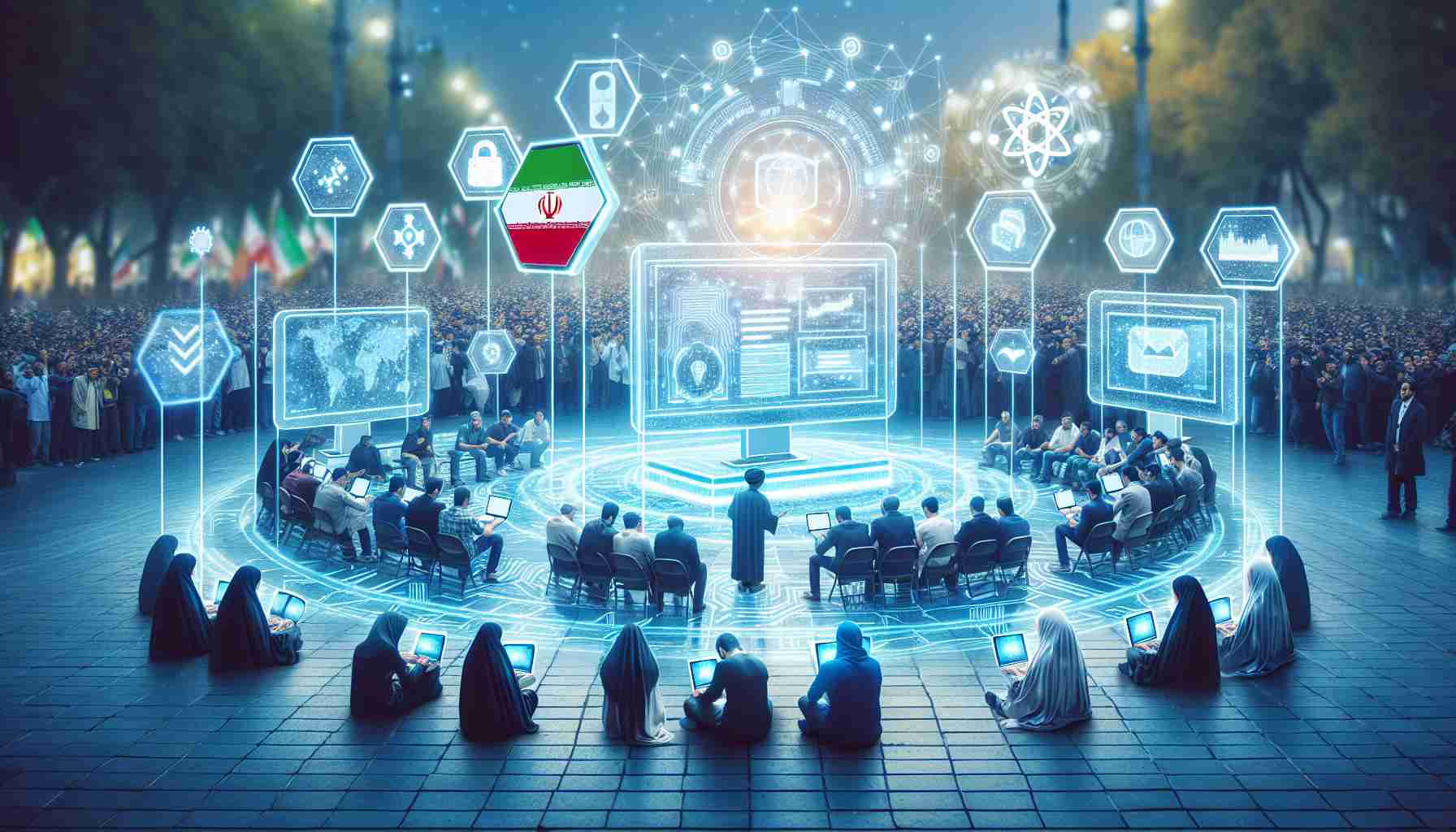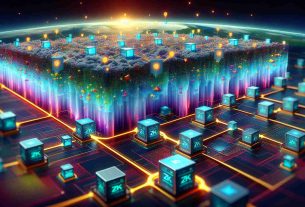An Innovative App Fuels Political Expression
In a bold move to counter the censorship and control within the Iranian electoral system, technologically savvy dissidents have unveiled ‘Iranians Vote,’ an app rooted in blockchain technology to enable an anonymous vote of no confidence. This act of defiance is aimed at the ongoing presidential elections and the government’s oppressive regime.
Empowering the Voiceless with Cryptography
At the heart of this digital revolution is the Freedom Tool, a system designed by NGOs IranUnchained and TCT e.V., offering a secure platform for Iranians to express their dissent without fear of retribution. The backbone of this system is zero-knowledge cryptography, which empowers users to authenticate their voting credentials without exposing their identities, thus providing an essential cloak of invisibility from state surveillance.
The Revolutionary Mechanism Behind Iranians Vote
The simplicity of Iranians Vote belies its technological sophistication. Citizens begin by scanning their biometric passports using their smartphones. The app confidentially authenticates the voter’s identity, all while keeping sensitive data local on the device, and furnishes an anonymous voting token. This token is then used to participate in the digital balloting process.
With votes indelibly recorded on the Gnosis blockchain, the system promises transparency and protection against tampering—the very antithesis of the prevailing political climate. This methodology first saw the light of day during the Russian opposition’s referendum and is a testament to the tool’s verifiable efficacy in politically charged conditions.
Impact of Freedom Tool: A Global Beacon
The creation and deployment of the Freedom Tool echo an international call to uphold intimate human rights and democratic principles. Additionally, the open-source and license-free nature of this technology means its potential application extends beyond Iran, offering a strategic blueprint for digital democracy efforts around the globe.
Amidst a turbulent election, ‘Iranians Vote’ and its technological vanguard are redefining the landscape of protest and signaling an era where digital privacy can translate into political power.
Important Questions and Answers:
– What is blockchain technology and why is it significant in this context?
Blockchain technology is a decentralized ledger that ensures secure and transparent transactions. It is significant here because it provides a way for Iranians to cast votes in a manner that’s nearly impossible to censor or alter, thereby offering a potential alternative to state-controlled electoral processes.
– How does zero-knowledge cryptography contribute to anonymous voting?
Zero-knowledge cryptography allows one party to prove to another that a statement is true without revealing any information apart from the fact that the statement is true. In ‘Iranians Vote,’ it enables users to prove that they are eligible voters without revealing their identities, sustaining both anonymity and credibility in the voting process.
– What are the main challenges associated with the use of ‘Iranians Vote’?
Key challenges include the possibility of government attempts to block access to the app, the need for widespread technological literacy to use the app effectively, and the potential risks to users if their participation is somehow exposed.
– What controversies might arise from the use of such a tool?
Controversies may stem from the legitimacy and recognition of the vote results, the response from the Iranian government, and international views on the intervention in another country’s electoral system through technology.
Advantages and Disadvantages:
– Advantages:
– The potential for greater political expression in a controlled environment.
– Enhanced security and privacy for voters.
– The app can serve as a model for other oppressed societies seeking to achieve similar goals.
– Disadvantages:
– The digital divide could limit participation to only those with access to the necessary technology.
– The risk of state retaliation against individuals suspected of using the app.
– Uncertainty about the real-world impact of the digital votes and how they are acknowledged by the existing regime and the international community.
You can explore more about blockchain technology via the following link: Blockchain.com.
(My response lacks specific URLs to the related links within the article’s domain since the prompt requests only the main domain, and I am unable to verify individual URLs.)



